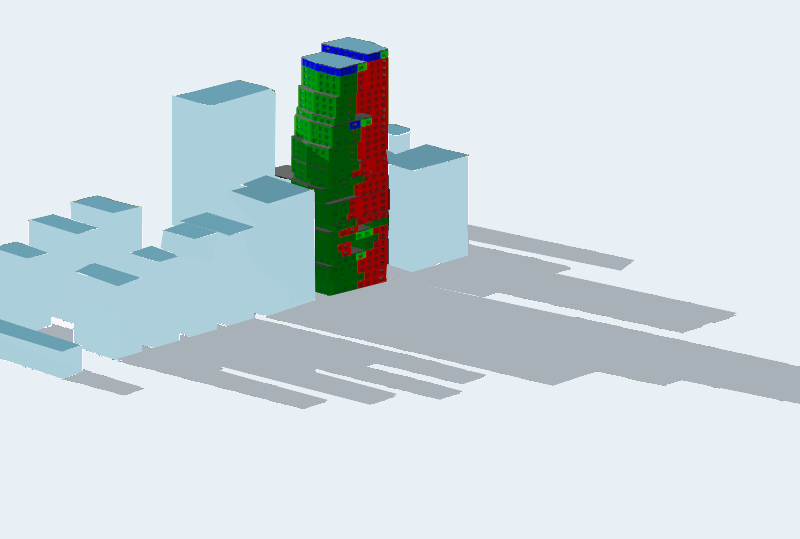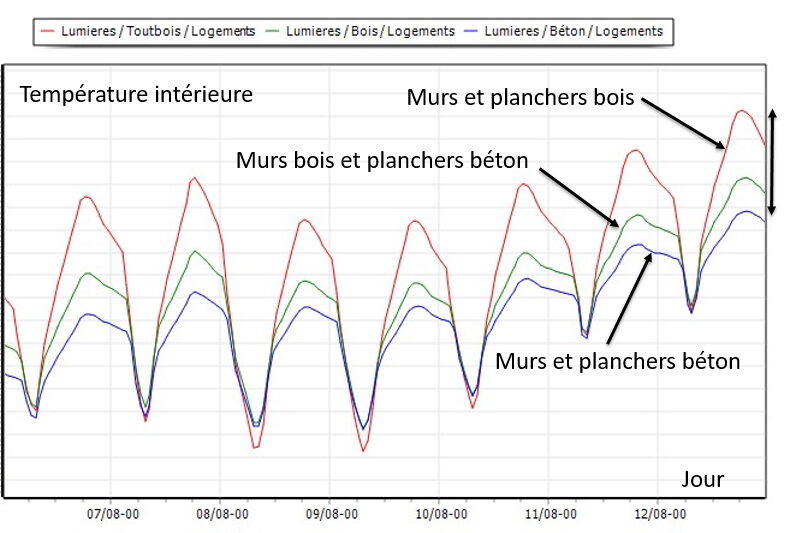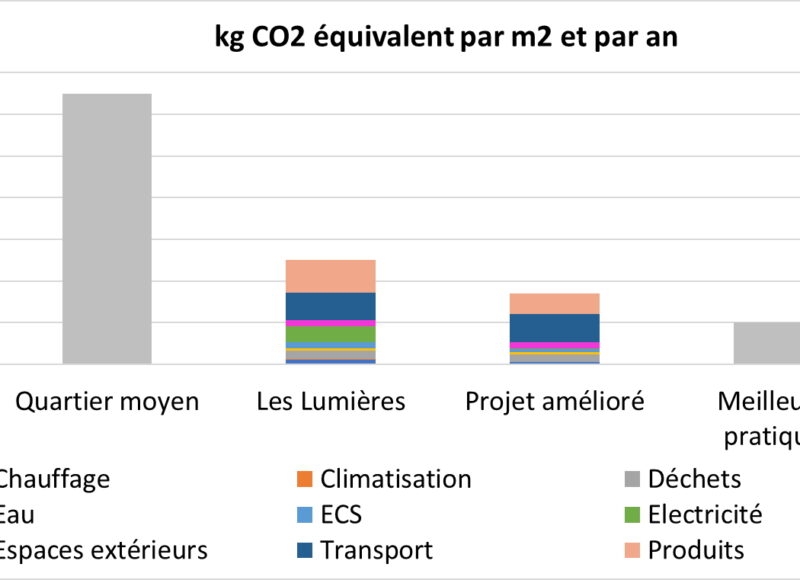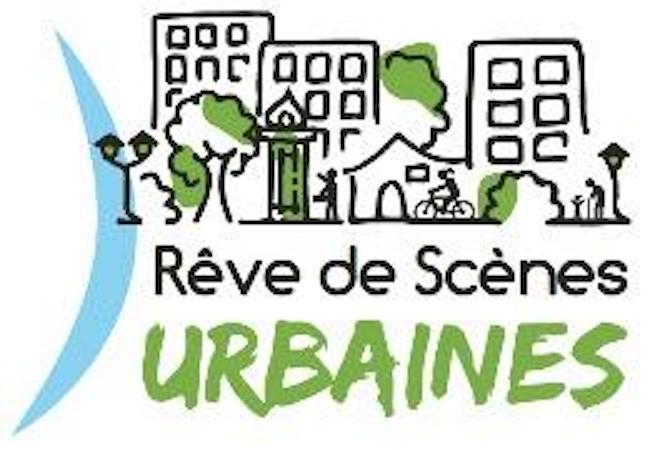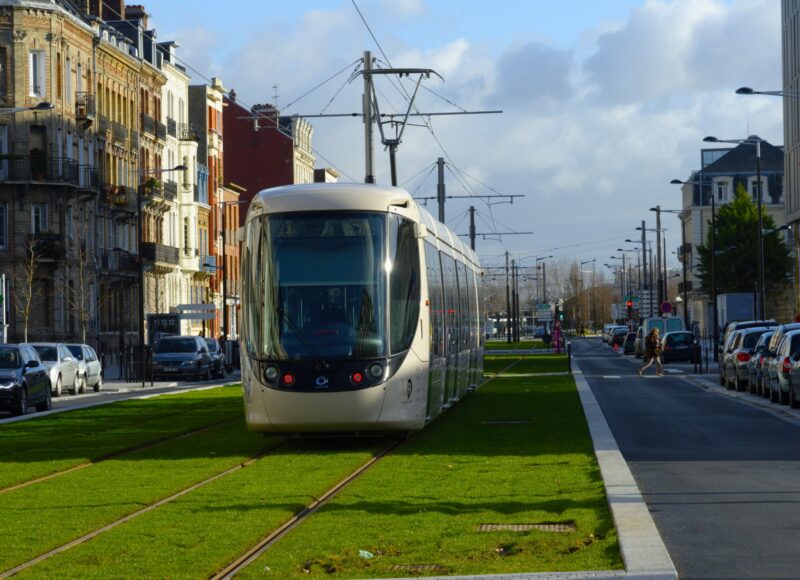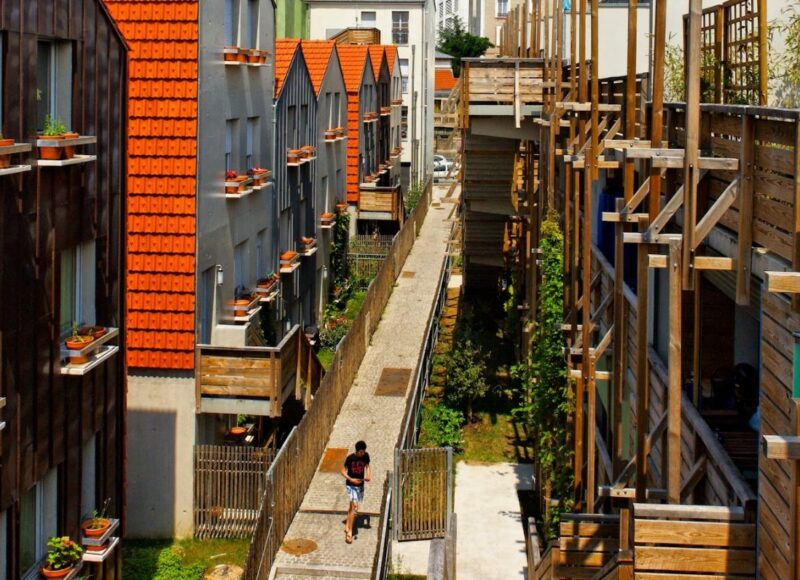Pilot site
Les Lumières Pleyel neighbourhood in Saint-Denis
A development project in the Les Lumières Pleyel neighbourhood in Saint-Denis (93) is the testing ground for research work by MINES ParisTech and École des Ponts ParisTech.
Researchers
Postdoctoral Researcher and Teacher
École nationale des ponts et chaussées
LVMT
LVMT
Professor and Research Director
École nationale des ponts et chaussées
LVMT
LVMT
Postdoctoral Research Fellow
École nationale des ponts et chaussées
LVMT
LVMT
Research Director
Ecole des Mines Paris-PSL
CES
CES
PhD Student
Ecole des Mines Paris-PSL
CES
CES
Projects
Simulating the daily activities and mobility of people who live in or pass through a neighbourhood makes it possible to better anticipate the economic, social and environmental impacts.
Learn more
An optimisation procedure will be used to complete the environmental assessment of a block of buildings while reducing economic costs and the overall impact on the environment.
Learn more
The trips generated by a neighbourhood are quantified and characterised using models for forecasting transport demand. The environmental impacts associated with these trips are then estimated using an LCA-type approach
Learn more
Tools
This dynamic thermal simulation model of buildings anticipates energy consumption and the risk of discomfort in all seasons. Thanks to the Amapola module, this software program makes it possible to identify the least
Learn more
This software program for life cycle assessment of neighbourhood projects is used to measure the environmental impacts from the manufacture of materials to the end of their life.
Learn more
Practitioner groups
Dynamic thermal simulation and life-cycle assessment are decision support tools that comprehensively assess the environmental performance of a building or neighbourhood project and guide its design in order to reduce the
Learn more
Research work on mobility at the neighbourhood level focuses on the development of environmental impact assessment methods that make it possible to better plan the offer of mobility services in the broad sense
Learn more
Life-cycle assessment is a method to assess the environmental impacts of buildings and infrastructures throughout their life cycle, from the extraction of raw materials through to their end-of-lifetime handling.
Learn more
Buildings can be designed and operated to radically improve their energy efficiency and reduce their environmental impact.
Learn more
The environmental performance of mobility systems is linked to energy consumption, emissions of pollutants and greenhouse gases and the effects of disruption and fragmentation of natural habitats due to the construction
Learn more
- About
- Researchers
- Projects
- Tools
- Practitioner groups
- Research areas


